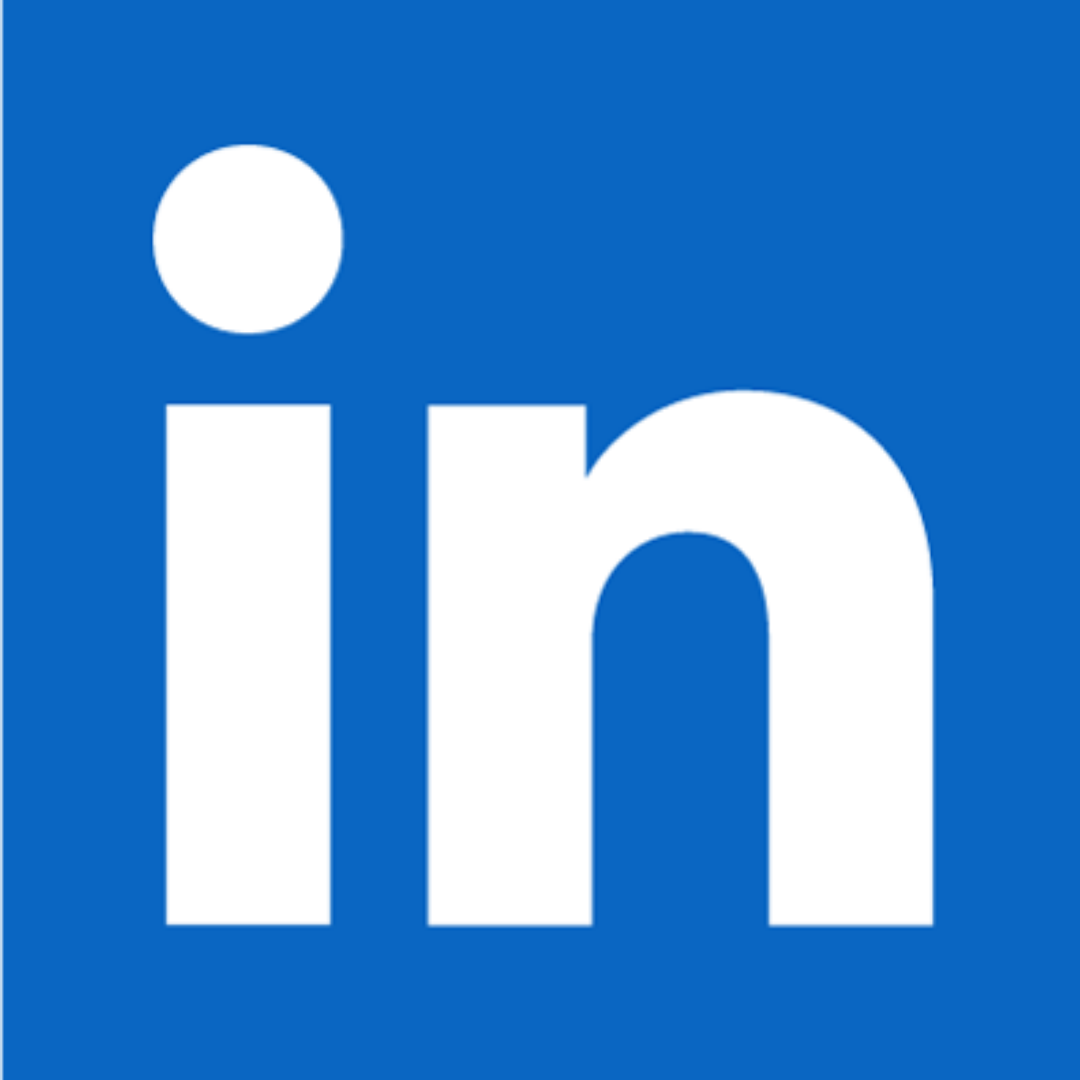15 Oct 2025
The Never-Ending Cycle of Burnout
Let me set the scene. You’re an HR Business Partner who’s just finished a large restructure, right in the middle of the annual performance and remuneration review process. You’re looking at your calendar and breathe a sigh of relief when you see a few clear days ahead, only for “Hey, do you have 5 minutes?” to pop up in that pesky corner of your screen. That “5 minutes” turns into an hour, which evolves into an investigation involving 10 employees and multiple allegations. Your calendar becomes a sea of meetings, and you add the investigation to your (growing) list of cases.
You throw yourself into it, feeling like you’re nailing it, you’ve got your trusty toolkit and years of experience to take it in stride. Then you receive an email from the Fair Work Commission: an F2 application for unfair dismissal from an employee terminated for underperformance two weeks ago. You’re confident the termination process and your advice were sound, and you expect to resolve it relatively easily. You log off and go home, ready for some reality (trash) TV.
But something doesn’t feel right. You’re watching the calamity of a dinner party on MAFS, but you’re not present. Your mind is racing: “Did we miss something in that termination?” “Did I take enough notes in that investigation interview yesterday?” “Oh no, I didn’t send that email to the GM.” You shake off the feeling and show up at 9 a.m. the next day, ready to take on anything, knowing you can do it.
Rinse and repeat. The cycle continues, but the feeling of not being present lingers longer. You retreat from things you love, lose your spark, and start questioning if you’re happy in your role.
When Burnout Becomes Unavoidable
Sound familiar? It should. Recent studies estimate that 60%* of Australian workers report experiencing burnout. But what do you do when you’re burnt out? Stick it out, hoping it gets better? Look for a new role, hoping another organisation will be different? Or do you change direction entirely?
I chose the latter. After 11 years in HR roles across the public and private sectors and countless “wtf am I doing with my life” conversations with my husband, I finally accepted I was burnt out and that hands on HR wasn’t right for me. It was a hard conclusion, especially when your competency and strengths don’t align with your mental health.
I fell into HR at 21, combining my love for people and business (and having a chat!) into what I thought would be a lifelong career. But when I couldn’t switch off at the end of the day, it was time to change. I was taking the mental load of my role, my stakeholders, and my team home with me every night. Cycles of feeling overwhelmed became more frequent, and my life outside work suffered. The Sunday Scaries were an everyday occurrence, and I felt stuck like I had to stay in HR because it was all I was qualified to do.
The Courage to Step Away
At the start of 2024, I decided to take a break. I had just started a new Senior HRBP role, but deep down, I knew it wouldn’t fix the systemic burnout I was feeling. Early on, the emotional and mental load felt more severe than ever. Leaving that role with nothing lined up was the best decision I ever made. The weight lifted off my shoulders was so profound it made the uncertainty of no income or secure role feel like relief. That clarity confirmed I’d made the right decision.
The newfound space, along with support from my psychologist (mental health is just as important as physical health, and I’m a big advocate for regular check-ups), allowed me to feel hopeful about my next role.
Building a New Path Forward
But what was next? I didn’t want to return to hands on HR. I reflected on my experience, pulling out aspects I loved that weren’t directly HR, and pieced together what kind of role or organisation might fit. After countless hours on Seek, LinkedIn, and other job boards, I identified my core passion: supporting and helping others excel. Enter Samuels Donegan.
An opportunity arose to provide Executive & Business Support on a short-term basis. The role combined enabling the team to deliver exceptional People & Culture recruitment and leveraging my HR knowledge to add context and build capability.
Discovering Strengths in a New Role
Like many, I faced imposter syndrome starting this role, relying on open, honest conversations and being okay with mistakes to build my confidence. I discovered strengths I hadn’t realised I had (who knew building a SharePoint site could be so fun?) Every day in this role, I learn more about myself and frequently draw on my HR experience, whether building a job brief, discussing the impacts of structural changes, or simply being an empathetic listener. It’s a perfect blend of my strengths and experience in a completely different field.
What I Learned
You are never truly “stuck” in a role.
Your skills are more transferable than you think.
Even within the HR field, there are multiple areas to explore and dip your toe in
Trust your gut: no job or career is worth sacrificing your wellbeing.
Just because you’re good at something doesn’t mean it’s right for you.
What can you do if you find yourself burnt out?
Breathe. Take a moment to reflect on what parts of your current or previous roles have brought you joy, satisfaction and inspiration.
Unpack your experience, start with your CV and focus on the non-HR elements of your roles
Don’t be shy about your strengths that aren’t HR related (or your current field of HR). If you love Excel and are an ace with spreadsheets, call it out!
Search using keywords rather than field or industry. If stakeholder engagement is your jam, search for that. You’ll be surprised what roles are out there, even some hiding outside the “HR & Recruitment” dropdown.
Utilise your network, this is sage advice for anyone, but essential when you’re looking to branch out. Be open about your desire to do something different – your network can be your biggest advocate for opportunities
Look into free, short courses in areas of interest, a quick google search will return a plethora of online courses covering different areas of business. This may also help you find areas or functions of interest.
As T.S. Eliot wrote in Little Gidding: “What we call the beginning is often the end, and to make an end is to make a beginning.”
Closing Thoughts
Throughout my journey, I’ve learned how important it is to prioritise mental health and to reach out for support when needed. If you or someone you know is struggling, I encourage you to explore the resources offered by Beyond Blue at www.beyondblue.org.au. Their support can make a real difference.
I’m a Jobseeker
Submit your CV and let's find you your perfect match.
I’m an Employer
Find your next dream hire with us.












